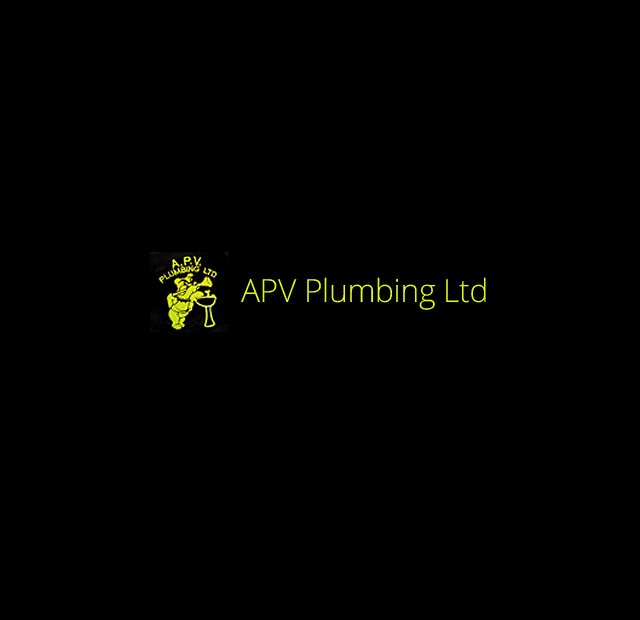Scripting the conversation
The PB4L restorative script provides a framework for a Restorative Conversation. It is a brief, prepared set of questions designed to de-escalate a situation and explore and resolve a problem in a respectful way. Following a script reduces the risk that the conversation will wander off track. The script may vary according to circumstances, but to be effective it must always contain five steps: tell the story, explore the harm, repair the harm, reach an agreement, and plan follow-up.
The script keeps things calm and stops you going into lecture mode ... the questions help you to stay on the issues and not let things get off track
Jansen and Matla, 2011a
PB4L Restorative Script
Tell the story (TALK)
Establishes what happened and what the causes for the behaviour may be.
The script prompts are:
- What happened?
- Tell me your story.
- What was happening when you became involved?
- What were you thinking when you did that?
Explore the harm (EXPLORE)
Explores who may have been affected by the behaviour and in what ways. This part of the script is aimed at developing empathy towards those who have been affected.
Some script questions for those responsible for causing the harm are:
- Who do you think has been affected?
- In what ways?
- Who else may have been affected by your behaviour?
- What do you think it must have been like for them?
Those who have been harmed may also be involved in the Restorative Conversation process. The following script questions offer suggestions to help explore the harm from their point of view:
- What did you think when that happened?
- How have you been harmed or affected?
- What has been the hardest part for you?
- What would you like to see happen to make things right for you?
Reach an agreement (REPAIR)
Participants work together to co-construct an agreement on a way to move forward. This may involve a commitment by others to support the person responsible for the harm to develop the skills needed to make the necessary changes to their behaviour and to consider how they might respond if a similar issue arose in the future.
Some script questions for those responsible for causing the harm are:
- If this happens again, what will you do differently?
- What do you need from me/us to support you?
- What will the plan for the future include?
- If this happens again, what will we do about it?
Plan follow-up (CHECK-IN)
The results of the discussion are summarised to ensure clarity, participants are affirmed for engaging in the conversation, and a plan is constructed to follow up on the agreements reached. Those responsible for following up are also identified.
Script questions could include:
- When would be a good time to check in with you and see how you’re getting on?
- What will happen if our agreed outcomes haven’t been reached?
This material is sourced from the Ministry of Education , Positive Behaviour for learning Kete, Book 2
You will need to provide me with permission to view this if you wish to have it included please
https://docs.google.com/presentation/d/1vrBjcq5YBhj0eEORTcXl4xkC6tVTIbtI9wJ7sm3aqLc/present
Supporters and Sponsors
Parents, please support our local businesses














Call Direct
Send Email
Visit Website

Call Direct
Send Email
Visit Website

Call Direct
Send Email

Call Direct
Send Email

Call Direct
Send Email
Visit Website

Call Direct
Send Email
Visit Website

Call Direct
Send Email
Visit Website

Call Direct
Send Email
Visit Website

Call Direct
Send Email
Visit Website

Call Direct
Send Email
Visit Website

Call Direct
Visit Website

Visit Website

Visit Website
